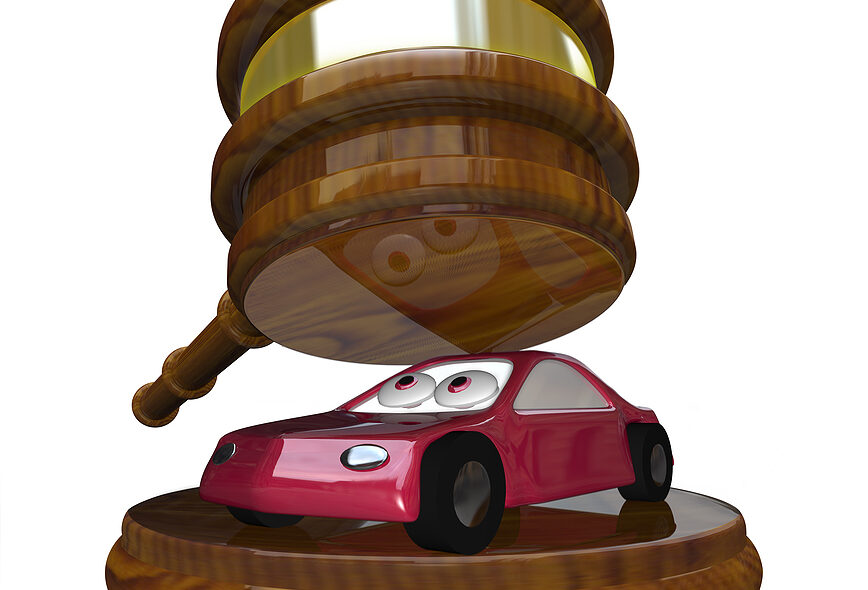A bankruptcy discharge will relieve the filer of his or her debts, which means that the person can walk away with a clean financial slate. However, a bankruptcy case does not remove all debts from the consumer’s credit report. In fact, certain debts and the legal proceedings associated with them can be difficult to remove, including vehicle repossession.
A consumer bankruptcy case, including Chapters 7 and 13, should remove negative marks on the consumer’s credit report. In a Chapter 7 bankruptcy case this is accomplished by liquidating the consumer’s assets that are not otherwise protected under a bankruptcy exemption and using those funds to pay off the consumer’s debts. Those not paid are then discharged at the end of the bankruptcy. Under a Chapter 13 bankruptcy case, the consumer works with the bankruptcy trustee on a repayment plan that lasts between three to five years. At the end of that time, the remaining debts are discharged from the consumer’s record.
A car repossession will stay on the consumer’s credit report for up to seven years, even if he or she is in the midst of a bankruptcy case. The bankruptcy case, even when finalized, does not necessarily eliminate the person’s repossession from his or her credit report. Similar to how a bankruptcy filing will stay on the person’s credit report for up to seven or ten years, a repossession will only be removed with the passage of time.
Even though a bankruptcy case may not eliminate a repossession from the consumer’s credit report, it can help the consumer on other ways. For example, a bankruptcy case can help the consumer with a vehicle deficiency balance after the vehicle is repossessed. A deficiency balance involves whatever is left over by the consumer to the lender after the car is repossessed. A deficiency balance includes costs and expenses associated with removing the vehicle, including the company’s fees, storage fees, and the remaining loan balanced owed on the car. Just because the car has been towed away does not mean the borrower does not still owe what is not covered after the vehicle has been sold.
If the consumer’s vehicle was repossessed before the consumer filed for bankruptcy, it is possible that the deficiency balance can be discharged along with other unsecured consumer debts.
The consumer can also take advantage of the automatic stay that is offered through every bankruptcy case. At filing, the court will issue an automatic stay which puts an immediate stop on all collection attempts on the consumer. The purpose of this automatic stay is to not only provide relief from creditors, but allow the consumer the opportunity to pay on debts, as needed, through the repayment plan or to liquidate nonexempt assets to pay off qualifying debts. The automatic stay is intended to be temporary for the duration of the case. While the automatic stay may put a pause on repossession efforts, it does not necessarily eliminate the consumer’s obligation to pay on the debt. That obligation will remain until the stay is lifted, and at that point, the consumer will need to either catch up on past due payments or allow the car to be repossessed and eliminate whatever debt is owed on the vehicle.
Please click here to read more.
If you have questions on this topic or are in financial crisis and considering filing for bankruptcy, contact an experienced Miami bankruptcy attorney who can advise you of all of your options. As an experienced CPA as well as a proven bankruptcy lawyer, Timothy Kingcade knows how to help clients take full advantage of the bankruptcy laws to protect their assets and get successful results. Since 1996 Kingcade Garcia McMaken has been helping people from all walks of life build a better tomorrow. Our attorneys’ help thousands of people every year take advantage of their rights under bankruptcy protection to restart, rebuild and recover. The day you hire our firm, we will contact your creditors to stop the harassment. You can also find useful consumer information on the Kingcade Garcia McMaken website at www.miamibankruptcy.com.

